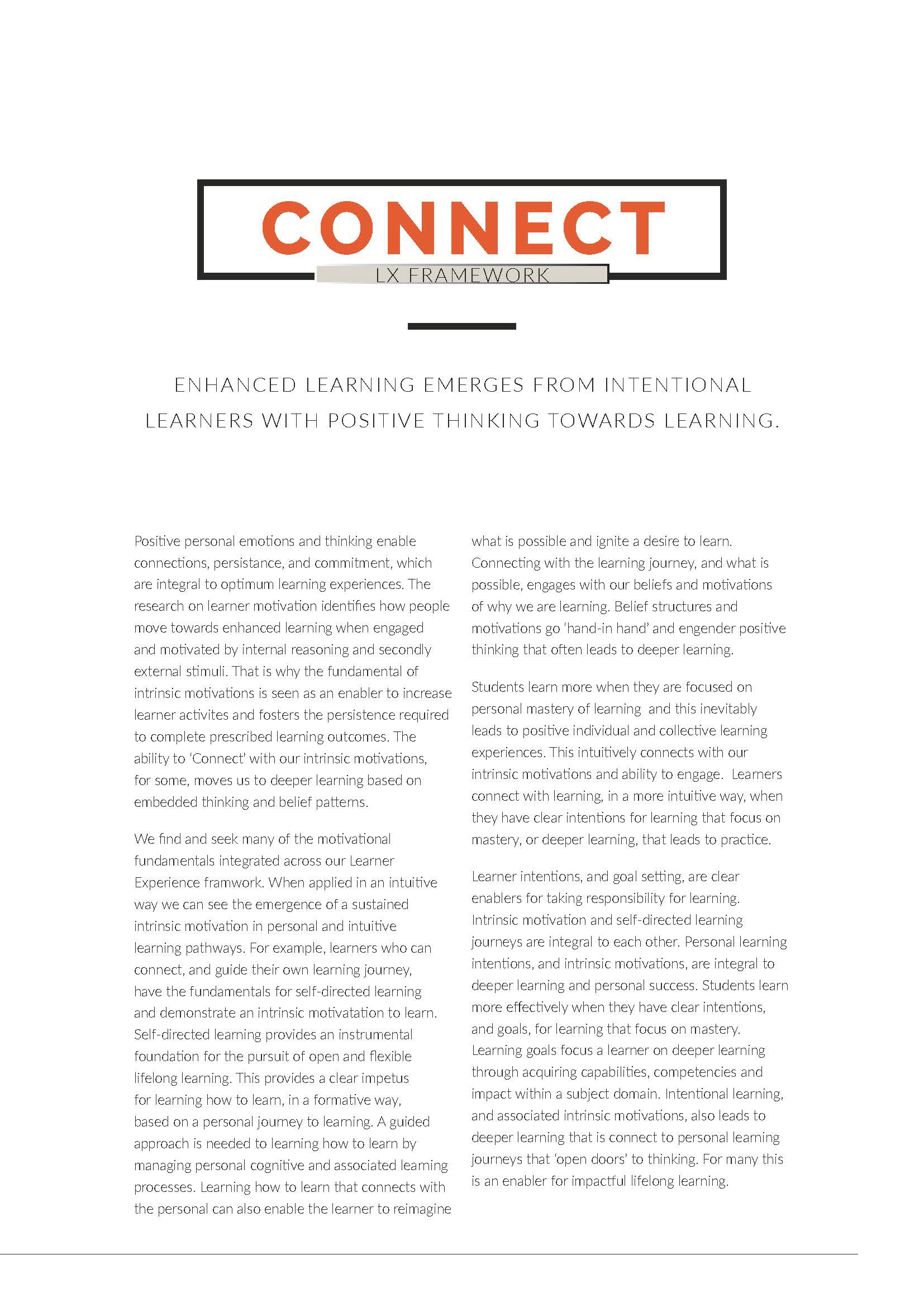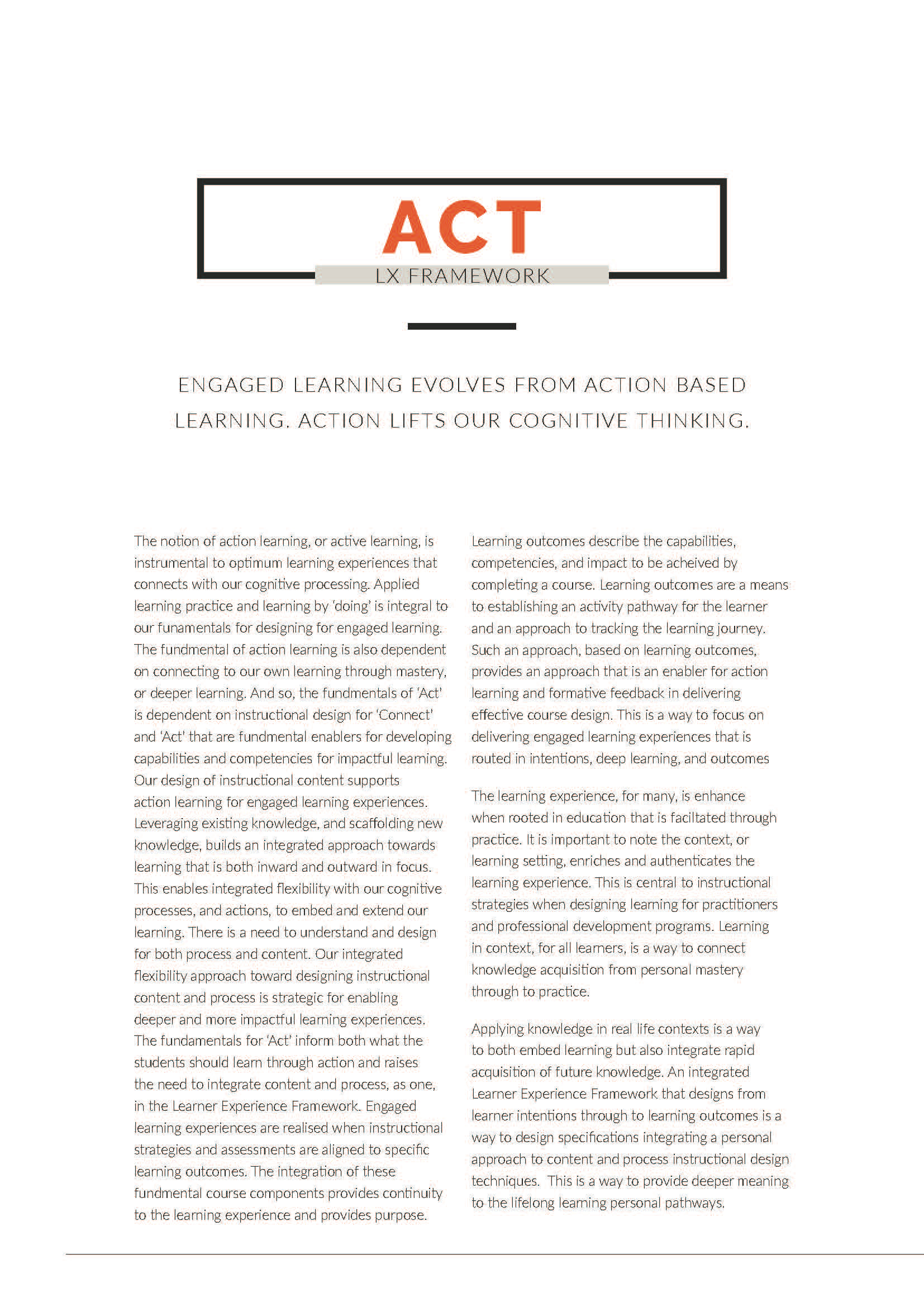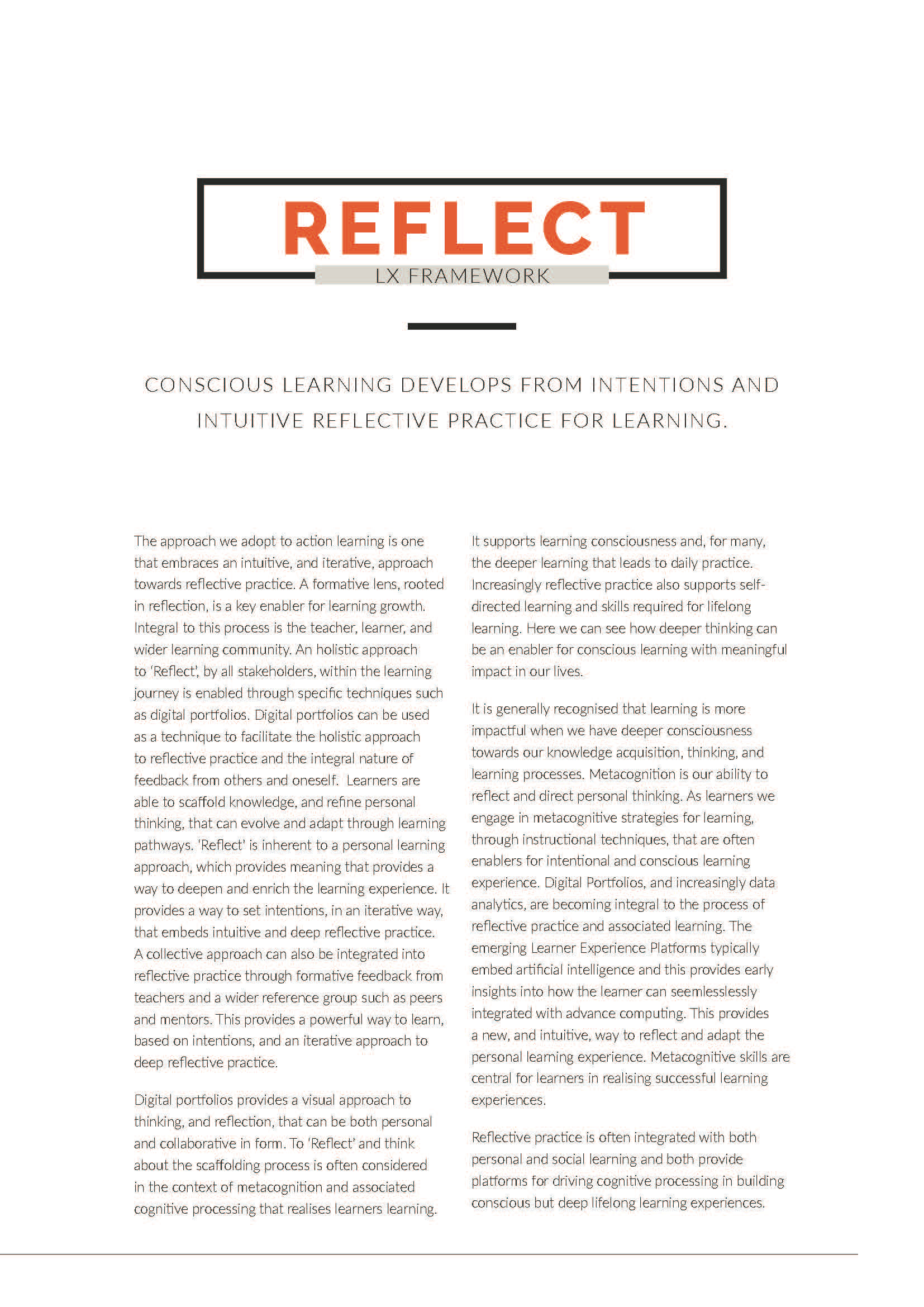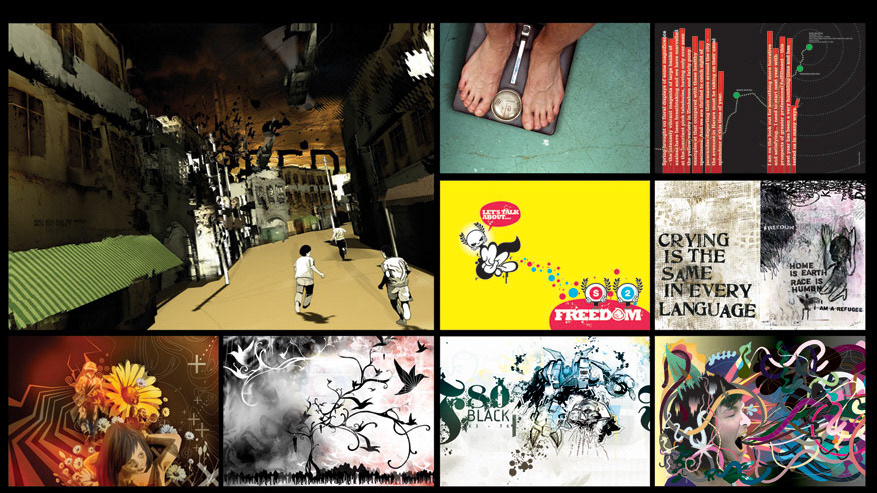Rethinking learning experiences embraces a personalised approach to learning that supports learners in taking back, in part, the learning process. Glenn's co-design for learning is intended to be an enabler for a personalised approach that is rooted in an open and flexible education. Designing personalised pathways that is connected to changing educational needs is focused on digital innovations for learning. Important concepts of the co-design for learning approach includes the integration of both formal, and informal, learning episodes into a single experience. This increasingly integrates across institutional boundaries to connect a range of resources, and systems, within a personalised learning space. Our co-design for learning is composed of multiple subsystems that integrate seamlessly with the purpose of enhancing the learning experience.
Connect
Learners naturally learn when they are motivated and have an enhanced focus towards learning. This fundamental learning touches on the inner thinking of the learner and refers to the centrality of emotions and their role in enabling learners to achieve success. Emotions are highly interconnected with both personal learning and how we ‘Connect’ with others in our collective journeys. Motivation, and positive feelings, drive the learner to engage with the doing and thinking fostered by the other aspects of the LXF foundations and are typically interconnected with how we ‘Act’ and ‘Reflect’. Learners learn more, initially, when they are focused on mastery rather than performance and when they have a belief in their capabilities, competencies, and ability for learning growth. Such feelings towards learning enable learners to be intrinsically, and intuitively, motivated.
Act
Learners intuitively learn when they learn by doing. Action based practice is of central importance in positioning learning as both active and usable. In being able to undertake an action based approach, learners must also know through intuitively connecting with themselves and others. The fundamentals in the context of ‘Act’ informs the design of the action based, and applied practice, that should be central to all learning experiences. This needs to be underpinned by an instructional learning design approach. The instructional design approach needs to inform what, and how, the learner needs to learn. Learners intuitively embrace instructional strategies, and related assessments, that are aligned to clear learning goals and outcomes. The harmony of these fundamentals, or learning design, provides a consistent learner experience.
Reflect
Learners embed learning when they set goals and ‘Reflect’ on their learning journey. A focus on setting goals and mastery, learning outcomes, action learning, informed iterative feedback, personal and collective learning, and reflective practice provides a learning pathway to conscious learning. These interconnections are the building blocks for learning journeys and enablers for intuitive and natural learning growth. Students learn better when they receive intuitive formative and summative feedback that provide pathways for reflective practice on the learning journey. Formative feedback, throughout the process of learning, provides a guided and responsive approach to enabling reflective learning practice. Personal intentions, and associated reflections, are are cornerstones for conscious learning.
Digital Teaching, Learning and SDG-4
Our conversation explores the notion of our pedagogy and how this transcends our institutional boundaries. We can observe how ‘pedagogy’ has roots in ‘dialogue’. The origins of pedagogy, as a word, alludes to the critical nature of the relationship between learner and teacher. Recognition of such relationships enables pedagogy to be conceptualised as a collaborative partnership through dialogue. Rethinking learning experiences embraces a personalise approach to learning that supports learners in taking back, in part, the learning process. Our Learning Experience Framework is intended to be an enabler for taking back learning design in being able to manage both content and process design and thereby optimise the achievement of learners. Important concepts of the Learning Experience Framework includes the integration of both formal and informal learning episodes into a single experience. This increasingly integrates across institutional boundaries to enable a personalised learning space.

LX1 - Connect

LX2 - Act











